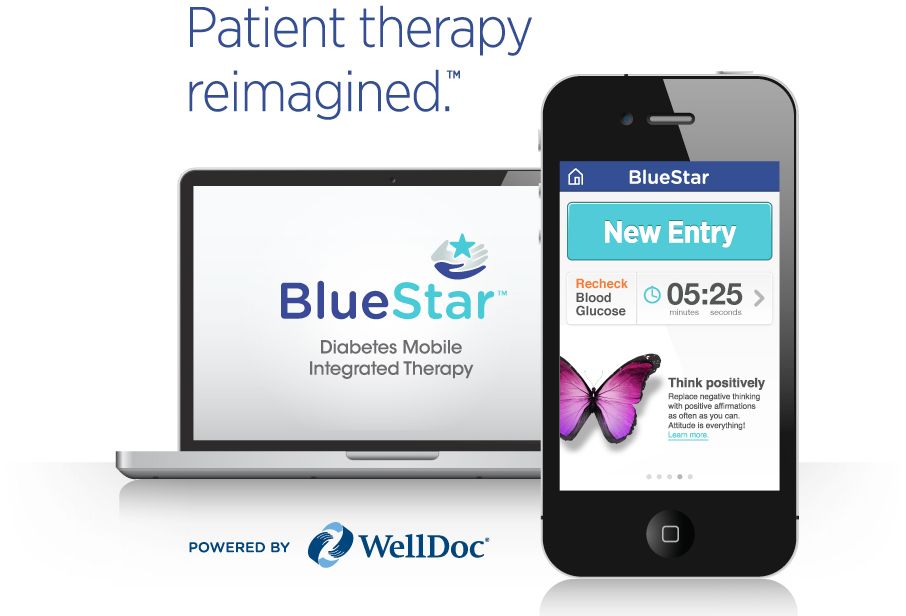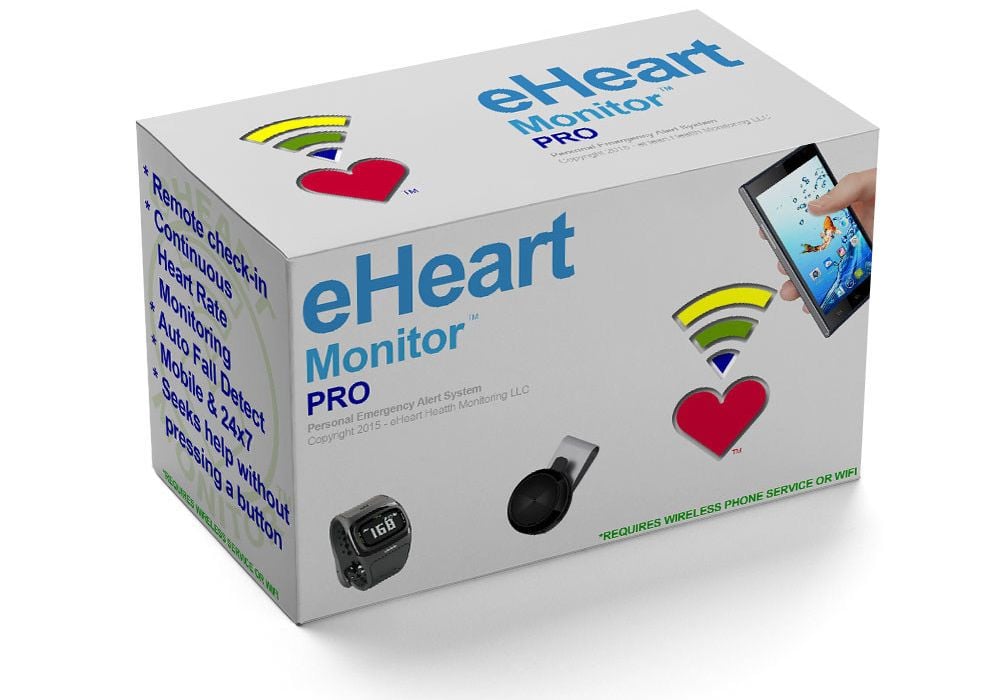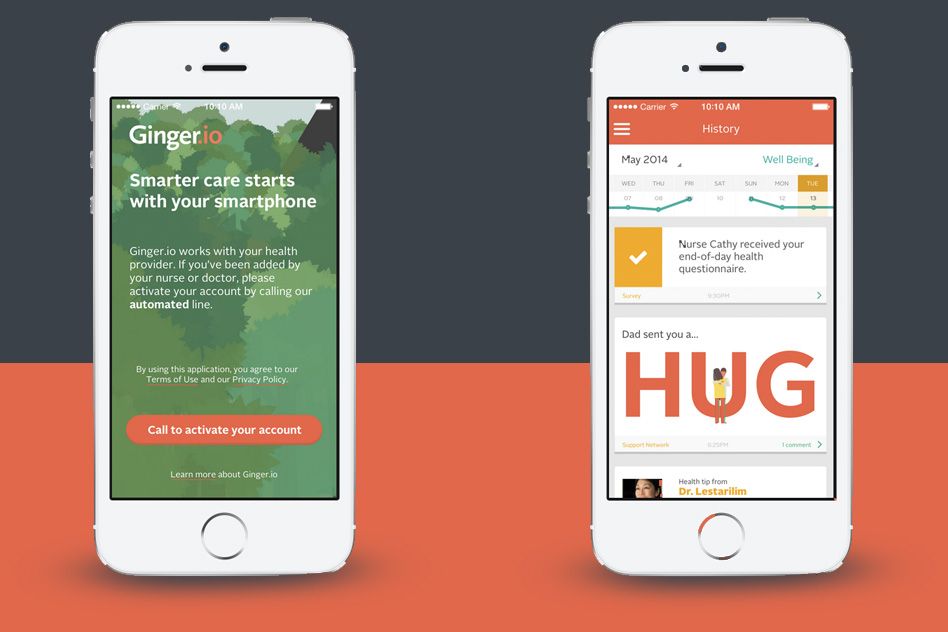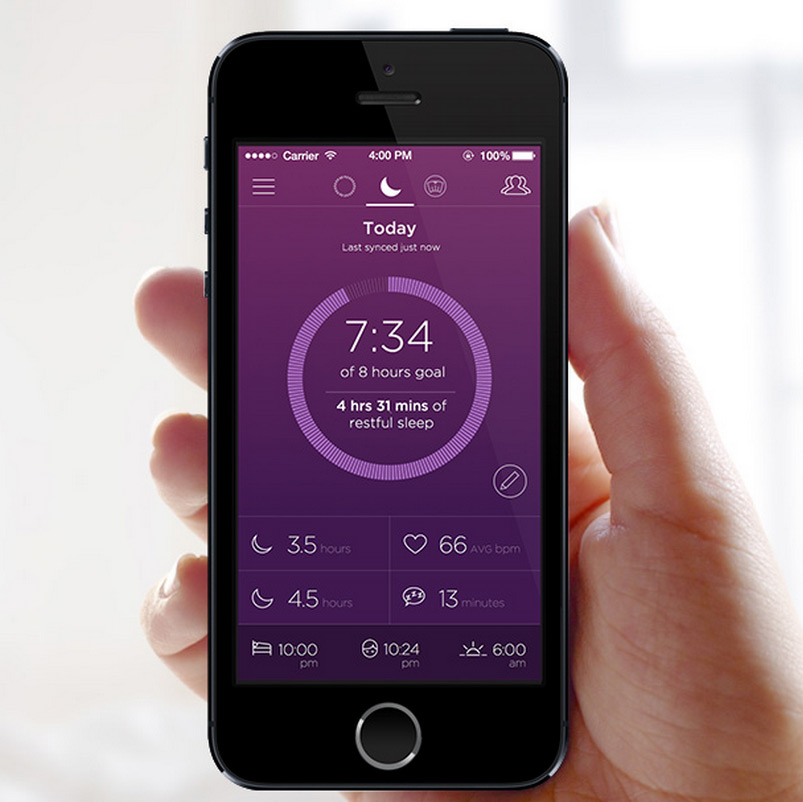
Caring for elderly relatives is becoming easier thanks to the development of medical alert systems

Medical alert systems are increasingly popular with families caring for elderly relatives. In the United States, advances in smartphone technology and apps have enabled Ginger.io to monitor users' mental health based on their voice intonation and calling behaviour, while WellDoc’s Bluestar system assists users' self-management of type 2 diabetes. Both systems can be linked to professional help, and save potentially costly visits to doctors' surgeries, their manufacturers say. A new system, eHeart Health Monitor can be bought on the internet and its South Carolina-based maker says that it breaks new ground in home medical-alert technology.
Most medical alert systems provide point-in-time biofeedback, but only eHeart Monitor provides continuous heart rate monitoring biofeedback, and allows relatives and doctors “to spot abnormal events and conditions immediately”, the company says. It offers three preconfigured systems: the e Heart Monitor Basic at US$225.98, and the top of the range Pro version. at US$484.97, which has a Motorola Moto G Smart Phone with 4G LTE high-speed capability.

The Pro package includes an Epson PS500 wristwatch and heart monitor that counts its users steps, calories burned, and distance travelled. The device tracks Granny’s sleep quality and “also features e-mail and message integration features for your phone”.
The device is easy to set up, as “not all seniors and their families or caregivers are tech savvy”, its maker says. The eHeart Monitor is one of two personal alert systems that comes preconfigured, “making set-up a breeze for even the most technologically challenged”. Such design is important as elderly people often have difficulty seeing, reaching for, or precisely touching devices on the buttons and screens of their home's electronics.
The eHeart Monitor provides automatic fall detection as part of its basic package, and “unlike other monitors, instantly and automatically alerts family and caregivers” in the event of an accident, its maker says. Its Alert Sensor with Automatic Fall Detection is waterproof, and can be clipped to clothes, worn as a pendant, wrist band, or put in a pocket or clipped to clothes. The device’s alert button flashes red and green to indicate a fall alert has been sent and three presses will cancel the alert, eHeart Health Monitoring says.

The company also has a US$44-a-month subscription service that enables families to monitor loved ones when they are apart. Up to 12 family members and caregivers can check on Granny, “whether they're in the next room or halfway around the world”, says eHeart Health Monitoring, inviting customers to manage their loved ones’ contacts on its web portal.
Two Melbourne doctors, Hon Weng Chong and Andrew Lin have devised the CliniCloud (https://clinicloud.com/) range of diagnostic tools that enable people to check themselves at home, instead of waiting to see a doctor, or collect information that they can send to their practitioner via the cloud. Available online for US$129, Clinicloud consists of a Bluetooth-connected electronic thermometer and stethoscope that enable a user to check the temperature and heart rate, and collect a history of readings to send to a physician, without having to sit in a waiting room. The thermometer is placed on the forehead, to allow the patient to sleep, and delivers three readings, which are averaged out and read on the smartphone. The stethoscope checks and records the user's respiratory rate and helps doctors identify extraordinary breathing, and is also linked to an app that guides users to perform a home check-up “with intuitive prompts for exactly where to place the stethoscope and thermometer, so anyone can use CliniCloud without prior training”.

Silicon Valley medtech company Scanadu is putting the “diagnostic power of a hospital into smartphones” with the Scanadu Scout, which is tentatively priced around US$199. Significantly backed by Chinese investors such as Fosun International, Scanadu says the Scout is “like having a doctor in the pocket”, thanks to the circular device’s ability to measure heart rate, core body temperature, blood oxygenation, and cuffless and calibration-free systolic and diastolic blood pressure in one scan in seconds. The Scout shares those results to an app on Android and iOS smartphones, the company says.
Such analyses could be sent to a doctor's surgery for a professional opinion, and save an elderly Hongkonger from having to travel and then wait in an often germ-filled clinic’s waiting room. Scanadu also makes a a smartphone-linked urine tester.
